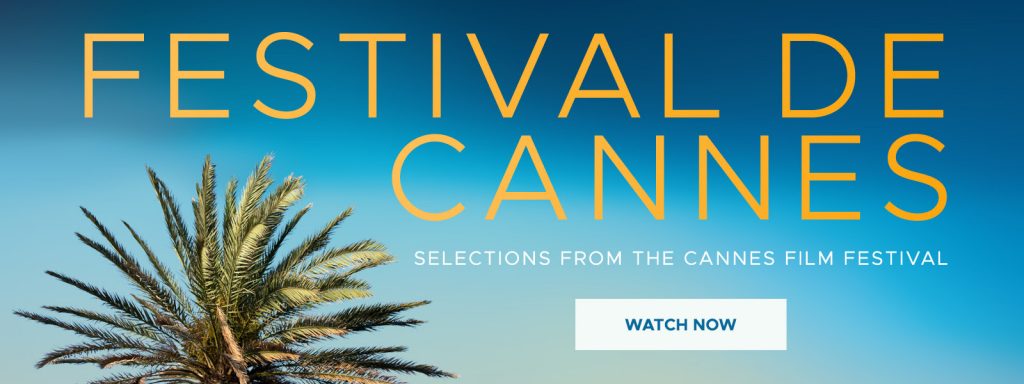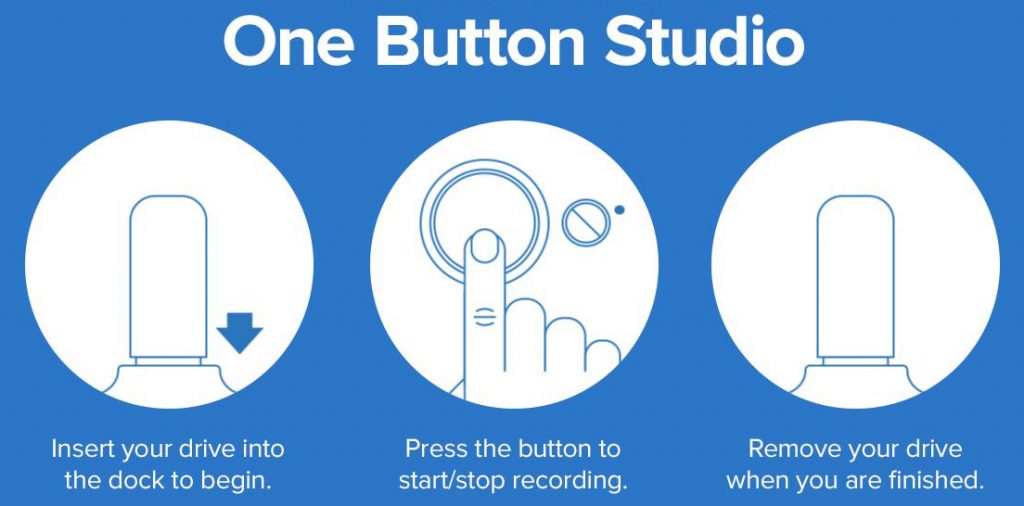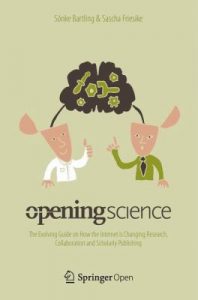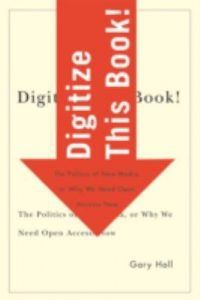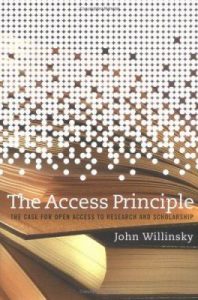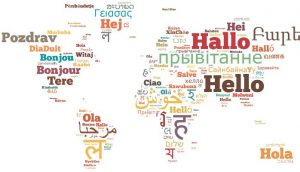One of the things that we do periodically at The Ames Library is test out new resources to see whether they’re good fits for our collection. And you have a part to play in this! Yes, you. We need your opinion before we commit to databases like HeinOnline, which we have a trial subscription to until October 31st this year.
So what’s HeinOnline? We’re glad you asked.
HeinOnline is the world’s largest fully searchable, image-based government document and legal research database. It contains comprehensive coverage from inception of both U.S. statutory materials, U.S. Congressional Documents and more than 2,500 scholarly journals, all of the world’s constitutions, all U.S. treaties, collections of classic treatises and presidential documents, and access to the full text of state and federal case law powered by Fastcase. This Government, Politics & Law HeinOnline’s database package offers special collections on Criminal Justice, Religion and the Law and Women and the Law among others.
Their discrete databases include Gun Regulation and Legislation in America, John F. Kennedy Assassination Collection, Pentagon Papers, and Slavery in America and the World: History, Culture & Law.
If you’re majoring in Political Science or Pre-Law, or if your research is centered on politics or law, you’ll definitely want to check HeinOnline out. Please help us out by taking ten minutes to explore HeinOnline to see if you’re interested in having the library subscribe to it on a more permanent basis. If so, leave a comment or email us at askames@iwu.edu!




 Ania has
Ania has 